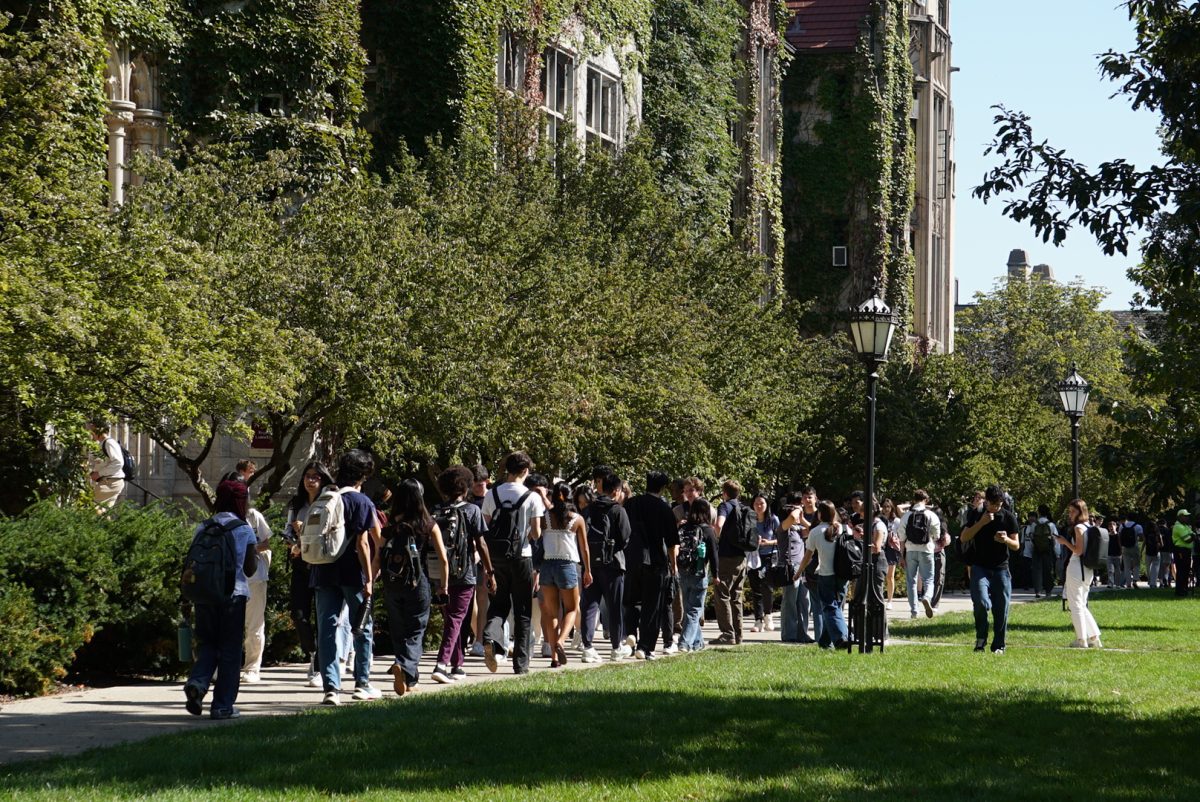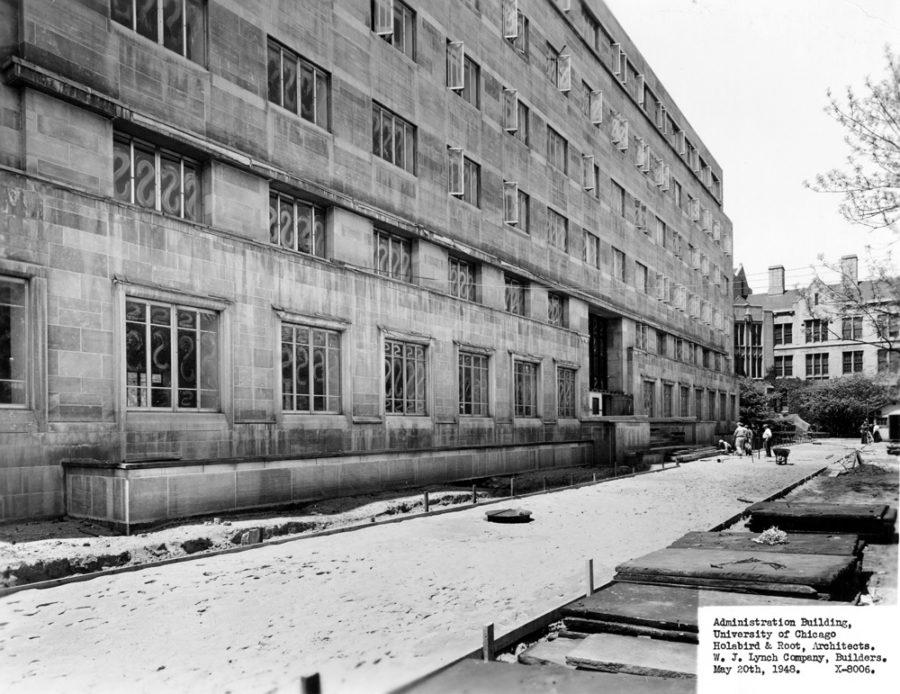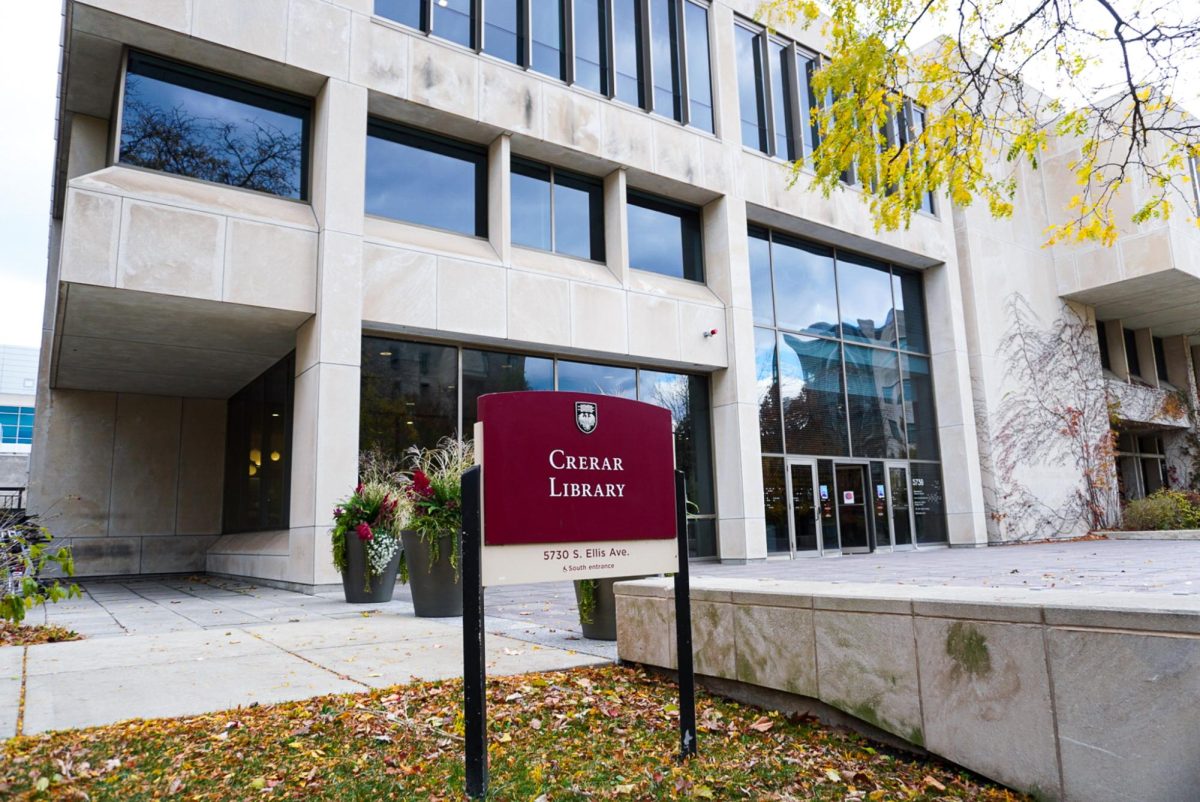The Milton Friedman Institute is a major undertaking, and there is understandable interest in and concern about what sort of institute it will be. For Chicago economics there is an interesting and useful precedent in our own history: the Cowles Commission for Economic Research, an affiliated but separately endowed institute that was located here from 1939 to 1955.
Alfred Cowles was a businessman who wanted to support research on securities prices, but under the leadership of directors Jacob Marschak and Tjalling Koopmans, the Commission focused on a more ambitious agenda. In the 1930s, the economic theory taught at even the doctoral level was almost entirely literary, and issues like those raised in Keynes’ General Theory or Joan Robinson’s Imperfect Competition were thrashed out in purely verbal debates that never got anywhere and never made systematic contact with evidence. The then-new field of econometrics relied on borrowed statistical methods based on agricultural experiments in which experimenters applied treatments and then observed responses. Neither the theory nor the empirical methods of the day really dealt with the fact that almost all economic data are generated by the actions of many people acting nearly simultaneously, each reacting to everyone else.
Economics needed both theories that would allow analysis of how a collection of interacting people will respond to outside forces and statistical methods to provide estimates of the distinct determinants of behavior from non-experimental observations. The Cowles Commission at Chicago took on both these logical challenges at once and, remarkably, resolved both of them in a way that has served economics fairly well over the 50 years since. To do this, Marschak and Koopmans took advantage of the autonomy their research institute status gave them to offer short-term appointments to young economists, mathematicians, and statisticians from all over the United States and Europe. These were people who shared Marschak and Koopmans’s ambitions and had the technical skills to do something about it.
Looking down the list of economists who received a Nobel Prize in part for work done at Cowles during its Chicago period, I count nine. There were many others who contributed at a high level to the Cowles agenda. There is nothing I do in my research today that is not built on what these people did at Cowles 50 years ago.
Those who joined the Cowles group were attracted, in part, by the overall distinction of the University, and also by an ambition to put the social sciences on the sort of scientific basis that had flowered here in the 1930s in political science and sociology as well as in economics. There was much fruitful interaction between Cowles and the rest of the University. Gary Becker, Lester Telser, and many others were present at Cowles. Harry Markowitz, who formulated modern portfolio theory, was a student in the College who became a student member of Cowles and wrote his thesis under Marshak. Herbert Simon was a Chicago Ph.D. in political science, teaching at IIT, who was drawn into economics as a Cowles associate.
The Cowles years were also a time of intellectual prosperity for Chicago economists who were not Cowles members: Milton Friedman, Theodore Schultz, Gale Johnson, and Gregg Lewis did some of their best work then. These economists had not been waiting around for Koopmans or anyone else to explain to them the logic of what they were doing. They had ideas of their own, ideas developed from experience using real data to try to answer substantive economic questions. They were in daily contact with the Cowles group, and there were heated arguments in the hallway, over lunch, and in seminars. This was not petty academic politics—these were arguments about important, unresolved, eminently debatable issues. But not everyone is comfortable in such an environment. In 1955, Koopmans persuaded the Cowles family to move the endowment to Yale. As in any divorce, this one was costly and associated with much bitterness. At Yale, Cowles was simply absorbed into the department of economics, losing its distinctive identity. At Chicago, the rebuilding of strong statistical and theoretical groups took many years.
This bit of history illustrates the distinction between a department and a research institute. A department has broad teaching and research responsibilities, all of which must be met if first-rate status is to be maintained. In a small faculty—ours never exceeded 25—this means that everyone is short on specialized colleagues. Promoting and hiring decisions are democratic, and new additions must bring something of fairly general interest to the table.
In a research institute, strong leaders like Marschak and Koopmans can place bets boldly. They do not need to campaign for votes. They are free to try to identify talent that the world has not yet certified and to recruit with the promise of freedom and good colleagues. In return, they have to respect the integrity of the regular faculty and understand that they cannot, on their own, offer tenured positions. The achievements of the Cowles Commission at Chicago are evidence of the potential rewards of this division of labor, rewards that we all hope can be realized in the Milton Friedman Institute. Its departure is a reminder that however strongly the two complement each other, the distinct functions of department and institute must be recognized and respected.
Robert Lucas is the John Dewey Distinguished Service Professor in economics. He is a member of MFI faculty committee.






